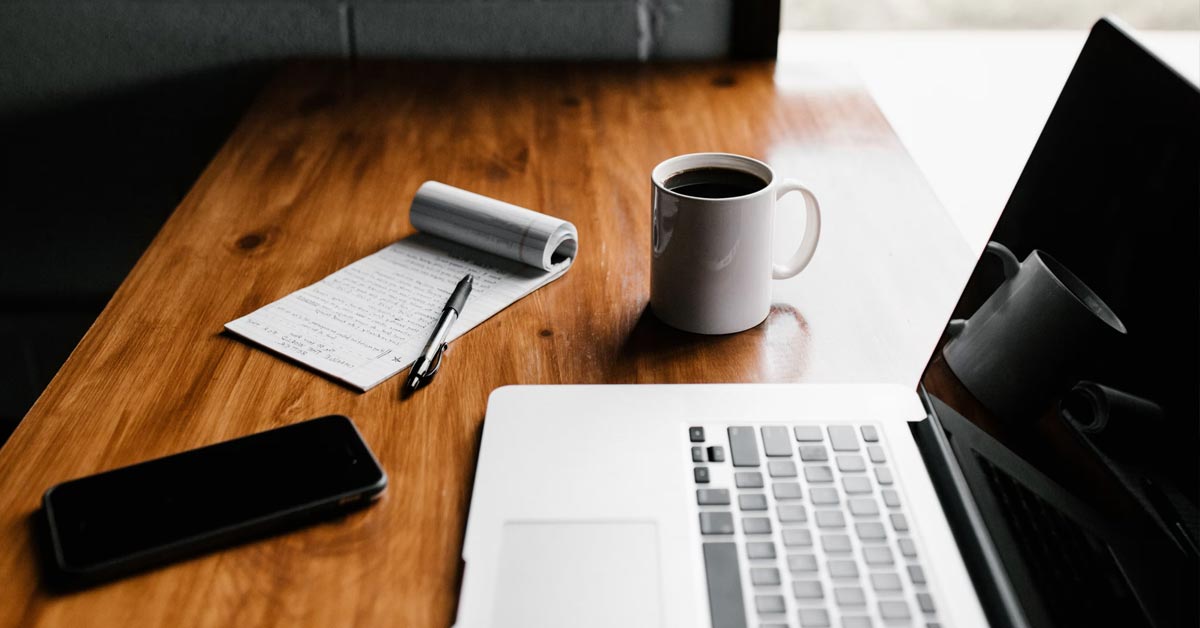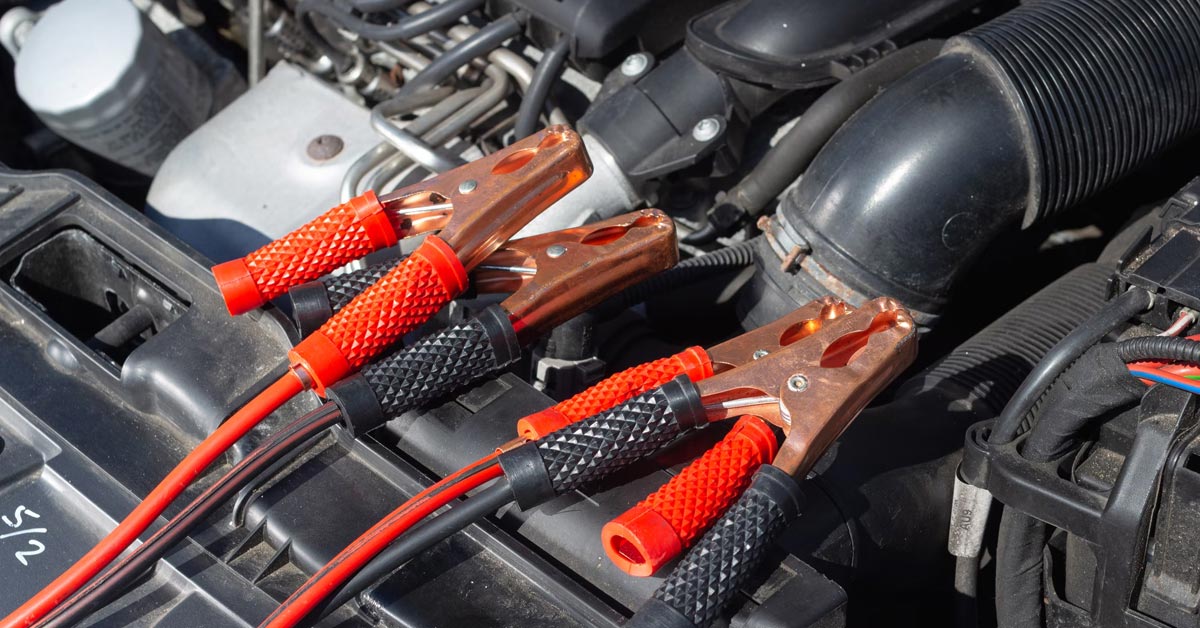It doesn’t matter if you had your interview through zoom or face-to-face; as long as you had a formal interview for a job you’ve been eyeing, take the time to sit down and write a thank you email after interview.
The extra effort is worth it. If you wrote something eye-catchy, the email could even give a good first impression that could land you the job. Many surveys (like this and that) conclude that over 60% of recruiters think highly of applicants who send thank you notes and that it impacts their decision-making.
Haven’t written one before? This post tackles everything you need to know about writing a thank you note after your interview.
When should you write a thank you email after an interview?
How soon after the interview should you write the letter? Will writing one immediately after the interview make you seem desperate?
You don’t necessarily have to send the email a minute after you turned off the camera. The consensus is you should send it out within 24 to 48 hours after your interview.
Who should you write it to?
Interviews done by multiple people are very common. If you were screened by two or more people, make sure to write them thank-you emails separately.
Don’t just copy-paste the message either, especially if you talked to one of the interviewers with something specific (such as your love for cats, or how awesome it was that you grew up in the same small town).
What should you write in the email?
You can always customize the email to your preferred style, but make sure you include the following:
- A salutation. Yes, the email can be casual in tone, but simply having a salutation to begin your letter looks much nicer and polite in general.
- Express your gratitude. Say thank you for the interviewer’s time and mean it.
- Confirm why you’re a good fit for the position. Briefly reinforce your interest in the position and the reasons why you’d be perfect for the job. Make sure you’re not repeating your entire resume here.
- Add links to supporting documents, portfolio, etc. If your resume couldn’t accommodate these links and you think they would help with your application, then include them here.
- Mention something unique that would remind them of you. Did you talk about the same passion for Gundam? Or gardening? These kinds of topics are easy identifiers for hiring professionals since faces and names usually blur after the 10th or so interviewee of the day.
- Offer answers. Maybe during your interview, a question came up that needed time to be solved. Here’s the perfect time to answer them with a solution. You can also offer to answer additional questions they might have.
- Add a final expression of gratitude. Ask about the next steps briefly, then include “Again, thank you for your time” or a similar phrase that reiterates your appreciation for the interview. This is a perfect way to end your letter.
- Close your letter. Use “Best,” “Sincerely,” “Cheers,” “Regards” or other appropriate ways to close a letter. One-word closing is best.
- Sign your letter. “Signing” doesn’t necessarily have to include your signature. However, include your complete name, phone number, email address, and LinkedIn profile (if you have one).
When it comes to the length of your e-mail, a good way to measure is to read the entire thing. If you can read your email in under a minute or two, then that’s an appropriate length. Shorten it up if even you’re feeling lazy to proofread your email – this just means it’s too long.
Tips and FAQs: Thank You Email after Interview
For first-timers who haven’t done a thank you email before, follow these tips:
- What should the email subject line be? Because you’re writing a thank you email, this should be conveyed on the email subject. A simple “Thank you for your time” would do just fine. This gives the hiring person an idea of what the email is about, instead of feeling duped when you entered “important email inside” as the subject line only to read something else.
- How long does the email have to be? You don’t need to write an essay. Everybody’s busy, so keep your thank-you note short, interesting and easy to read. Of course, it should tell the reader that you put some effort into it as well.
- Proofread before sending. The point of thank-you notes is to show gratitude while reiterating your interest in the position. Make sure there are no errors within your letter, so it won’t backfire.
- Don’t use “to whom it may concern”: Address your letter accordingly. Use a salutation or “dear” to start your letter. On the other side of the coin, don’t be too casual either. Addressing them with “bro”, “dude” or “sis” will not work to your advantage even if you felt a friendly bond with the interviewer.
- Don’t bring up mistakes you made during the interview. If you’re sending a thank-you letter only to correct a mistake you said or did during the interview, the entire letter won’t feel sincere. It would sound self-serving, rather than appreciative. Most HR professionals recommend finishing on a positive note.
- Make sure your links show you in a positive light. If you’re including a LinkedIn profile, take the time to update it and check for errors. If you added your Facebook profile, make sure you don’t post racist, offensive, non-inclusive, rude, or other content that could put your application in jeopardy.
Thank You Email after Interview Template
If you’re trying to write and going blank, here are three examples of a thank-you email after interview. I hope these could inspire you to write your own.
Sample 1: Short and casual
- Subject line: Thank you for your time!
- EMAIL BODY:
Hello Ms. Jane,
Thanks for taking the time to include me in your busy schedule yesterday morning. I enjoyed our conversation about the Social Media Manager position and was excited to be shown around the company’s tech division.
I was born to take on this role, especially since I eat and breathe social media and have a master’s degree in marketing.
Your advice about disciplining naughty cats is highly appreciated. I will try it with my newly-adopted kitten.
Thank you again. If you have any questions, feel free to contact me anytime.
Pru Smith
pru.smith@realemail.com
123-456-7899
Sample 2: Brief and Professional (with additional info)
- Subject line: Thank You for meeting me! – from Pru Smith
- EMAIL BODY:
Dear Ms. Jane,
I wanted to reach out to thank you for taking the time to speak with me this morning about the social media manager position.
I really enjoyed talking to you about the role and learning more about where your team is headed. AI in social media is an exciting path and it sounds like the marketing department will be experiencing a first in the industry.
I would love to lend my experience as a seasoned digital marketer and be part of this innovative team. As for the problem your team is having with marketing ecommerce websites, I recommend you check out MarketBot – it’s an AI-tech that analyzes customer behavior and uses this data to predict product demand and future trends.
On a personal note, I really enjoyed talking to you about robots and how AI is shaping our world now.
I look forward to speaking further with you. Again, I appreciate your time and if I can help with anything else, please don’t hesitate to email back.
Sincerely,
Pru Smith (enter your LinkedIn profile page here)
pru.smith@realemail.com
123-456-7899
Sample 3
- Subject line: Appreciate your time today. – Pru Smith, Social Media Manager
- MESSAGE BODY:
Hello Ms. Jane,
Thank you so much for meeting with me earlier today and discussing the exciting job opportunity at Amazon.
I’m very interested in the managerial position and believe my 10 years of experience managing social media accounts for several clients and handling day-to-day copywriting and designing graphics would be valuable as your company expands to accommodate more clients.
You mentioned that your team is in the middle of courting new clients, and I wanted to offer you a few ideas I think would help.
-
-
- Poster-style infographics of A/B testing
- Case studies of using artificial intelligence in social media marketing
- Tutorial series for would-be clients (i.e. how to create head-turning Instagram-ready graphics via Canva)
-
Please let me know if there’s anything else you need from me to move the process forward. Thank you for taking the time to read my email.
Best regards,
Pru Smith
pru.smith@realemail.com
123-456-7899
Does sending a thank you email really work?
If you wrote a well-written, well-meaning thank you email, then there’s a good chance you’ll get brownie points for it. For some people, this could even give them the edge over other applicants, who may be equally as good as them, except they didn’t bother with a thank you note.
Just look at it this way: no HR professional or hiring manager would look at applicants who send thank-you emails poorly. There’s no harm in sending them. These emails only bring a good kind of attention to your application. Sometimes, the HR person would reply. If this is the case, you can use this same e-mail to follow up on your application after a week or so.
Just don’t bombard him/her with a ton of follow-up emails. If you don’t hear back after several weeks, accept this as a rejection and move on.
If you haven’t had your online interview yet and is looking for more guidance, check out these tried-and-tested tips to help you get hired,

